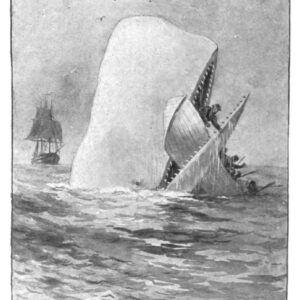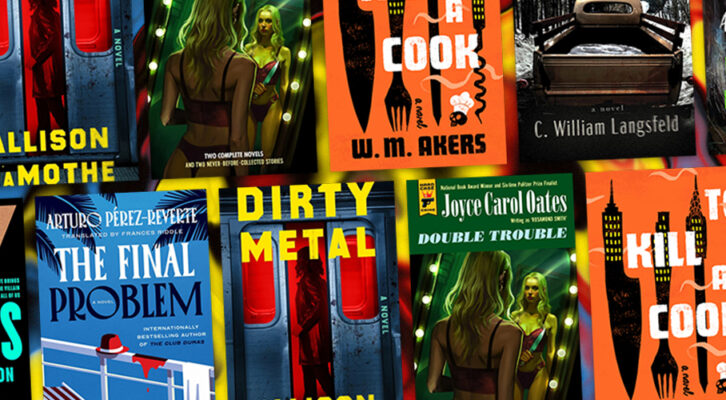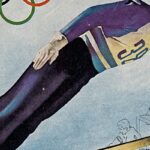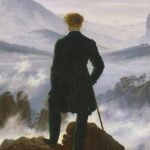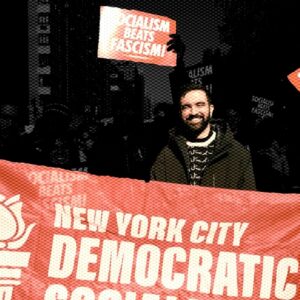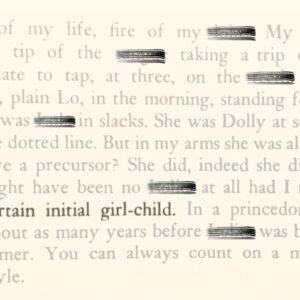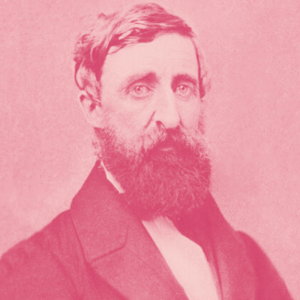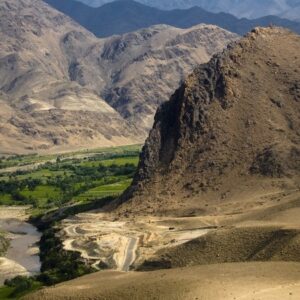
LitHub Daily: May 9, 2016
THE BEST OF THE LITERARY INTERNET
TODAY: In 1968, poet, novelist, and playwright Mercedes de Acosta dies.
- Anton Chekhov: a post-modernist way ahead of his time. | Literary Hub
- No one is writing the real West Virginia: Matthew Neill Null on why rural lives and literature are in crisis. | Literary Hub
- Interrogating sentimentality with Leslie Jamison. | Literary Hub
- Using crime fiction to present fully formed Muslim characters. | Literary Hub
- “I don’t do it for anyone else. I do it because I have the addict’s need to get lost in the story.” An interview with Louise Erdrich. | The New York Times
- The private transaction between unknown reader and unknown author is lost: Edna O’Brien wonders whether literature is a dying animal. | The Guardian
- “It’s more than ‘Here’s my new work, how do you like it?’ It’s like, “How do you like my whole career?’” An interview with Eileen Myles. | Lambda Literary
- There are our mothers and then there are moms: Rivka Galchen on her childhood friends’ parents. | The New Yorker
- “I’ve settled on porn, come to a decision that my next book after this one will be devoted to relentless, often hardcore pornography.” Lydia Millet reveals her contingency plan. | Salon
- Darryl Pinckney on the haven of Europe, hanging out with Susan Sontag, and letting Melville be the one looking over his shoulder. | The Rumpus
- “I loved you when the Pathet Lao soldiers came into the jungles of Laos with their guns and their shouts, their threats and their warnings.” An excerpt from Kao Kalia Yang’s The Song Poet. | Electric Literature
- “Photography is a tool for my sick self to believe in what exists. Photography is a tool for my well self to re-experience the loss.” Esmé Weijun Wang on the photography of Francesca Woodman. | Hazlitt
Also on Literary Hub: Interview with a bookstore: Heffers Bookshop is so old, someone’s writing its history book · Bookslut is dead, long live bookslut · The whole city is talking in music: from Anna Smaill’s The Chimes
Article continues after advertisement
Electric Literature
Hazlitt
Lambda Literary
lithub daily
Salon
The Guardian
The New York Times
The New Yorker
The Rumpus
Lit Hub Daily
The best of the literary Internet, every day, brought to you by Literary Hub.









